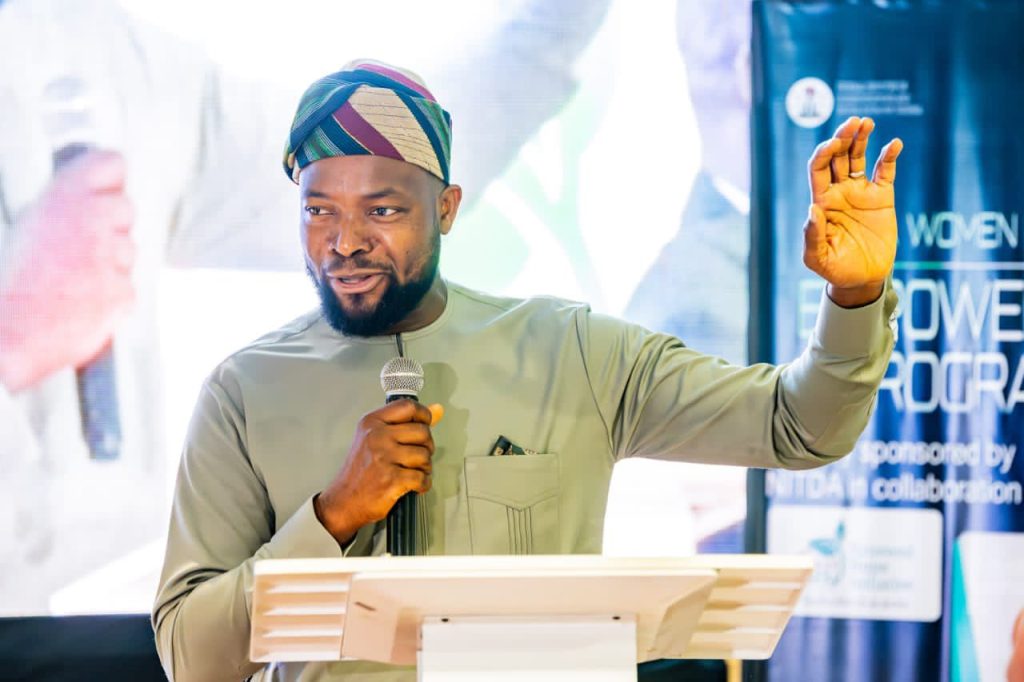Share!
The Federal Government of Nigeria is set to commence the deployment of 90,000 kilometers of fiber-optic cable across the country within the next six months. This ambitious project aims to significantly enhance Nigeria’s national connectivity backbone, increasing the total network from the current 35,000 kilometers to 125,000 kilometers.
The Minister of Communications, Innovation, and Digital Economy, Dr. Bosun Tijani, disclosed this development while reviewing the Ministry’s achievements over the past year.
According to Dr. Tijani, the project, which could begin as early as February 2025, is expected to improve connectivity and the quality of telecom services nationwide.
“The Federal Executive Council (FEC) has approved the Special Purpose Vehicle (SPV) that will deliver on this project,” Dr. Tijani stated.
“Our development funding partners, including the World Bank, are finalizing the SPV structure to ensure the aggregation of funding required for the effective deployment of the fiber-optic network. Our target is for this deployment to start within the next six months.”
The project is not only a significant step towards boosting Nigeria’s digital infrastructure but is also expected to drive substantial economic benefits.
Dr. Tijani highlighted that the increased connectivity would create both short and long-term opportunities, fostering a more vibrant digital ecosystem across the country.
“By connecting more communities across the country, we will ensure that many more of our citizens can connect to the benefits of the digital economy,” he added.
The SPV, approved by the FEC earlier in May, is modeled on some of Nigeria’s most successful Public-Private Partnership arrangements, such as the Nigerian Inter-Bank Settlement System (NIBSS) and the Nigeria Liquefied Natural Gas (NLNG).
The project aims to boost internet penetration in Nigeria to over 70% and reduce the cost of internet access by more than 60%.
Additionally, it is projected to include at least 50% of the 33 million Nigerians currently without internet access and contribute up to 1.5% of GDP growth per capital, potentially raising Nigeria’s GDP from $472.6 billion in 2022 to $502 billion within the next four years.
However, industry stakeholders have expressed concerns that the success of this initiative may be hindered by the ongoing Right of Way (RoW) challenges across Nigeria’s 36 states.
They warn that unless the Federal Government secures the cooperation of state governments, who currently control the pace of infrastructure deployment by telecom operators, the project may face significant delays.
No related posts.
